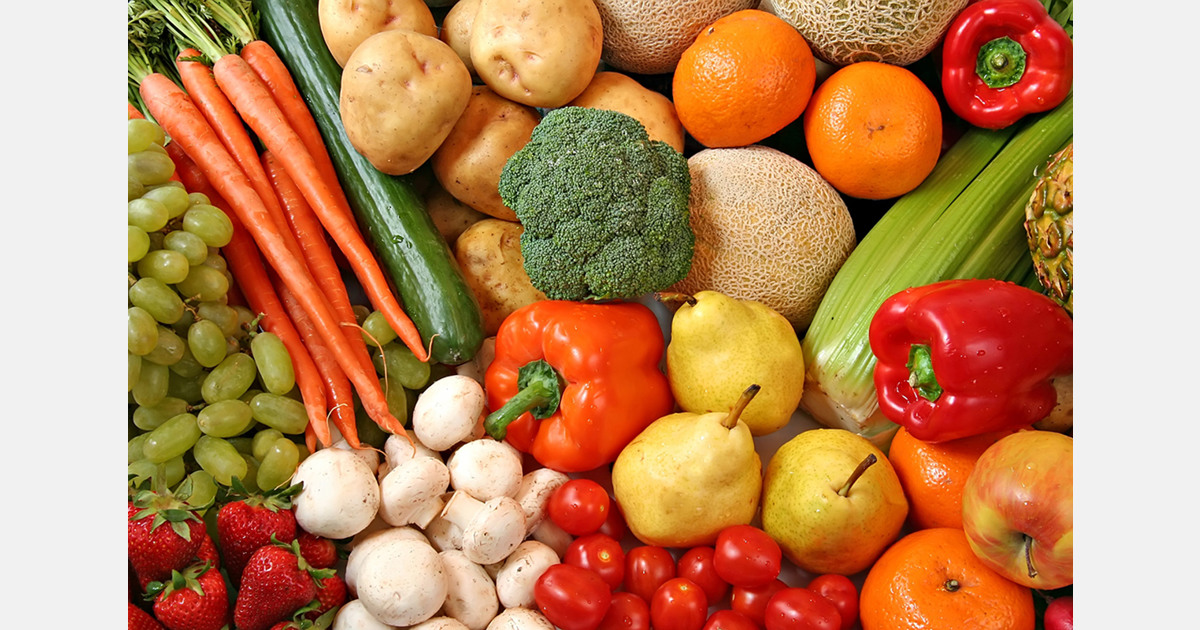
Acceptance of food irradiation is showing an upward trend, according to an analysis of 27 peer-reviewed articles published in English. The studies covered 24,474 people across 15 countries.
The data showed that acceptance of irradiated food rose from 33 per cent in 1992 to 67 per cent in 2024. Refusal to purchase declined from 19 per cent to 16 per cent in the same period, while familiarity with the technology remained stable at around 50 per cent.
Food irradiation uses ionizing radiation to kill bacteria, viruses, and other pathogens in food, which extends shelf life. The process does not make food radioactive. Despite this, some consumers continue to associate irradiation with poor production practices, reflecting distrust in both the technology and food supply chains.
Educational influence
Most of the reviewed studies found higher acceptance and awareness rates after participants received positive information or took part in an educational program. However, recognition of labels remains limited. Only 34 per cent of respondents across studies reporting this statistic said they were familiar with irradiation labels.
Regional variation
In the United States, familiarity and acceptance appear higher compared to other countries. Studies from Mexico, Brazil, and Chile reported lower familiarity rates. Developed economies generally reported greater awareness and acceptance than developing countries.
The Food and Drug Administration in the U.S. has authorized irradiation for beef, pork, fresh fruit and vegetables, poultry, shell eggs, and spices. In Europe, approved categories include fruit and vegetables, cereals, cereal flakes and rice flour, fish, shellfish, frog legs, and raw milk camembert.
Acceptance and purchasing
While consumers may express acceptance of irradiated food, purchase intent does not always align. The availability of lower-priced alternatives is cited as one reason for the gap.
“The findings underscore the need for targeted educational campaigns to address misconceptions and enhance consumer confidence in irradiated food, providing valuable insights for policymakers and stakeholders aiming to promote food irradiation as a safe and viable technology. Trust in science could explain the variation in accepting and consuming irradiated food,” said scientists.
Source: Food Safety News
Source: The Plantations International Agroforestry Group of Companies
